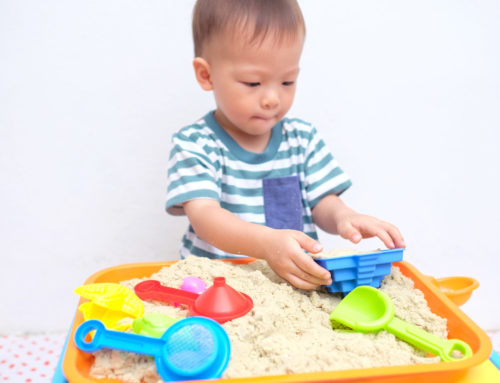When a child receives a diagnosis of Autism Spectrum Disorder, parents often feel many emotions including sadness, anger, hopelessness and guilt. Other parents are simply relieved that they finally have a name for what has been affecting their child. Both these reactions are normal and parents are allowed to feel a range of emotions regarding the diagnosis. It is natural to feel overwhelmed and unsure about what to do next. Here are some important next steps when dealing with an autism diagnosis:
- Educate yourself about autism
Autism is a complex neurological condition and is classified as a “pervasive developmental disorder,” which means that multiple basic functions of development are affected. Children with this diagnosis have difficulty with social interactions and verbal and nonverbal communication, as well as restricted, repetitive or stereotyped behaviors or interests. These issues generally appear before age 3.
- Early intervention is key
It is important to begin intensive intervention and therapy as soon as possible. Programs with specialized behavioral and educational techniques have been developed to teach children with autism social, communicative, cognitive and adaptive skills so as to maximize their learning and functioning. Many children also benefit from a behavioral assessment and behavior modification plan to develop strategies to increase desired behaviors and reduce inappropriate ones. Some children also require speech, occupational and/or physical therapy.
- Self-care and support
It is important for you to take good care of yourself and find outlets for healthy stress relief. Your child needs your help on this journey. Seek out friends and support in your neighborhood, churches and schools. Isolating yourself and your autistic child can be harmful to your emotional well-being and that of your child.
- Love your child’s individuality
Autism may come with great challenges, but your child is still wonderful and worthy of all the love you can offer.
If you’ve had experience raising a child with autism, how have early intervention services benefitted your child and family?
Heather Rotolo is the Clinical Director at the Behavior Clinic at Penfield Children’s Center and a Licensed Clinical Social Worker. As the administrator of the Behavior Clinic she provides supervision and support to staff and colleagues around the issues of social emotional development in young children.
Learn More:
The major national parent group for autism is The Autism Society of America:
http://www.autism-society.org
The Autism Information Center at the U.S. Department of Health and Human Services Centers for Disease Control and Prevention provides a wide variety of helpful information:
http://www.cdc.gov/ncbddd/autism/index.htm
Looking for help in the Milwaukee, WI area? Here’s where to start:
Wisconsin Early Education Project: http://www.wiautism.com/
Autism Intervention Milwaukee: http://www.autisminterventionmilwaukee.com/







